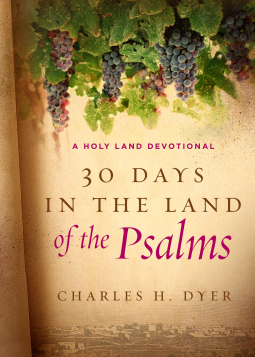 |
A Brief History of Sunday
by Justo L. Gonzalez ISBN-13: 9780802874719 Paperback: 160 pages Publisher: Wm. B. Eerdmans Publishing Company Released: May 31, 2017 |
Source: ebook review copy from the publisher through NetGalley.
Book Description from NetGalley:
Noted Christian historian Justo González tells the story of how and why Christians have worshiped on Sunday from the earliest days of the church to the present.
After discussing the views and practices relating to Sunday in the ancient church, González turns to Constantine and how his policies affected Sunday observances. He then recounts the long process, beginning in the Middle Ages and culminating with Puritanism, whereby Christians came to think of and strictly observe Sunday as the Sabbath. Finally, González looks at the current state of things, exploring especially how the explosive growth of the church in the Majority World has affected the observance of Sunday worldwide.
Readers of this book will rediscover the joy and excitement of Sunday as the early church celebrated it and will find inspiration in an age of increasing indifference and hostility to Christianity.
My Review:
A Brief History of Sunday is a history of how Christians have viewed Sundays, from the early church to modern times. It's not a history of the Sabbath except in how Christians initially accepted then rejected the Sabbath and eventually came to view Sunday as a Christian sabbath. The author looked at (and quoted) documents from each time period to understand why Christians met on Sunday and what they did together when they met. He talked about the changing attitudes toward Sunday, including beliefs about how one should celebrate or honor the day.
Understandably, there wasn't much documentation for the earlier periods, but there's enough to know how early Christian's viewed Sundays and what they did when together. I found it interesting how much things have changed from the earliest meetings and how Constantine's policies started the shift in how the day was viewed. I enjoy learning about how things got to the way they are today, and I found this to be a very interesting and informative book. I'd highly recommend it to those who are interested in this topic.
If you've read this book, what do you think about it? I'd be honored if you wrote your own opinion of the book in the comments.
Excerpt: Read an excerpt using Google Preview.








